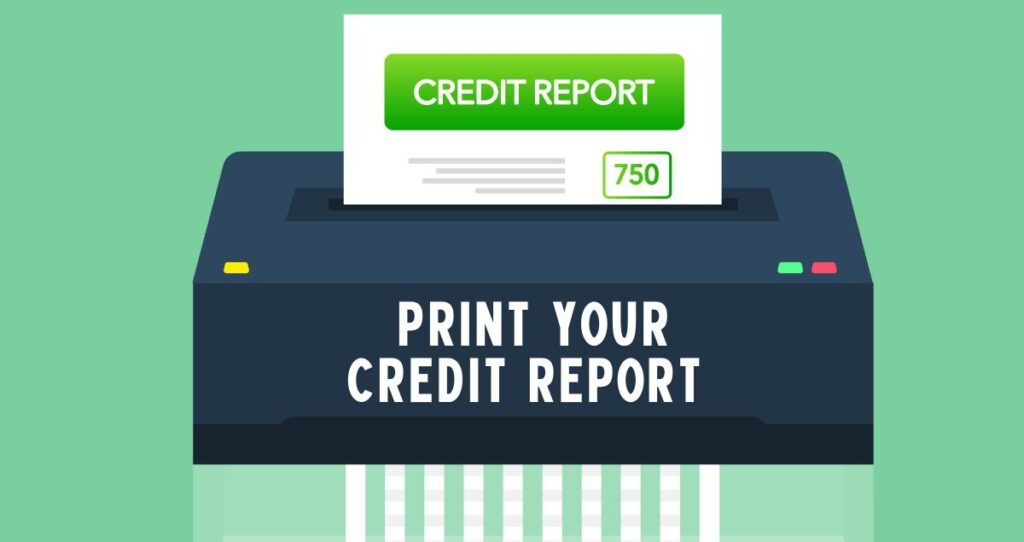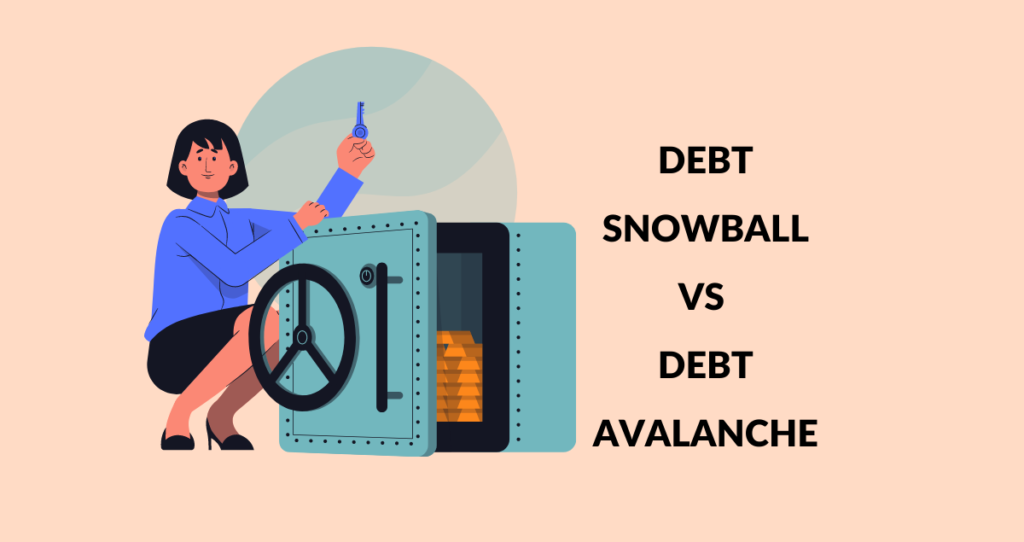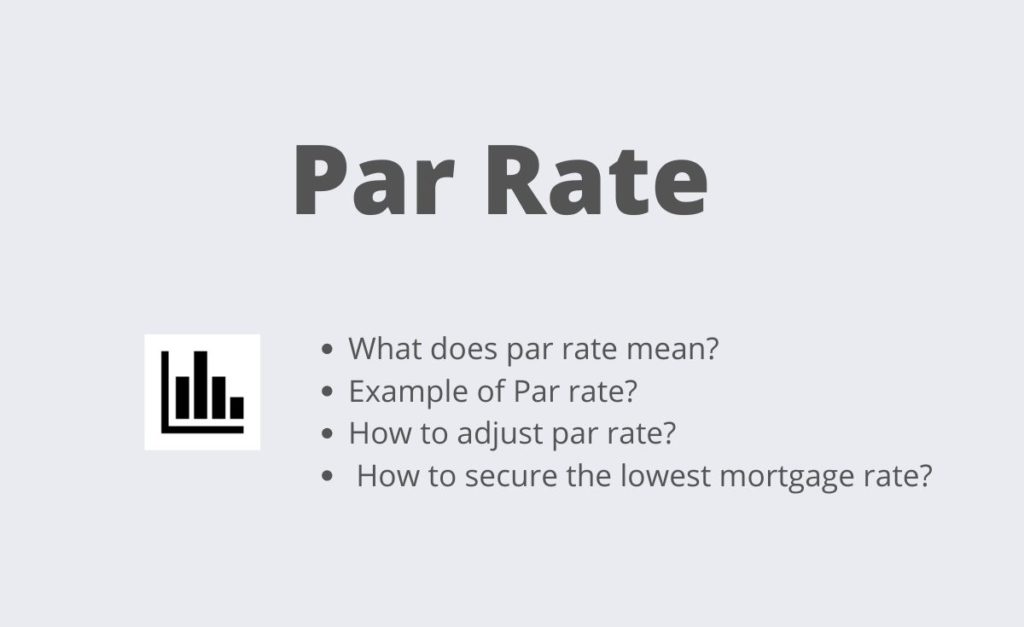Student loan forgiveness programs offer great financial relief, especially when struggling financially. But before you celebrate, you need to know the impact of student loan forgiveness on your credit score. Student loan forgiveness can lead to a short-term decrease in your credit score. However, a drop in your credit score due to student loan forgiveness is temporary. Typically, your score rebounds in a few months due to carrying less debt and using the remaining accounts responsibly.
Student loan forgiveness can directly impact your credit mix, a factor in your credit score calculations. In addition, the age of your active credit account could go lower, which might lower your credit score. The good news is that as you use your credit accounts responsibly, pay your bills on time, and manage your credit utilization, your score will rebound quickly.
Here is everything you need to know about the impact of student loan forgiveness on your credit score.
Will my credit score go up if my student loan is forgiven?
When your student loan is forgiven, your credit mix changes due to losing an installment loan. Since your credit mix is a factor that affects your credit score, your credit score goes down by a few points when your student loan is forgiven. Typically, a good credit mix comprises revolving credit and installment loans such as mortgages, student loans, car loans, personal loans, etc.
Depending on the number and types of accounts you have, your student loan forgiveness can weaken your credit mix. This, in turn, will temporarily decrease your credit score.
When your student loan is forgiven, your credit score will increase in the long term. This is because once your student loan is forgiven, the number of debts and the amount you owe will decrease, improving your debt-to-income (DTI) ratio. An improved debt-to-income (DTI) ratio will boost your credit scores.
In short, your credit score will increase when your student loan is forgiven. However, you might see a temporary decrease in your credit score due to a disruption in your credit mix and the age of your credit.
Types of student loans forgiveness programs
If you have been struggling with student loans, there are several ways to have them forgiven. Check out the following strategies to have your student loans forgiven.
- Teacher loan forgiveness (TLF). According to the Federal Student Aid, after 5 years of consecutive and complete teaching at a qualified school, the TLF forgives up to $17,500 of your Direct and Federal Stafford Loans.
- Public service loan forgiveness (PSLF). After making 120 qualifying payments or roughly 10 years of payments, The PSLF forgives the remaining balance on your Direct Loans.
- Federal income-based repayment (IBR) programs help low-income earners make affordable payments by lowering their loan payments by up to 15% of their income. The repayment plans can be extended up to 25 years. The Student Aid website provides more details about this program.
How does student loan forgiveness affect your payment history?
One misconception about loan forgiveness is that people think their payment history will disappear once their student loans are forgiven. The contrary is true. Your payment history reflects your loan payment behavior over the years. So, if you made your payments on time, these activities would remain even if your loans were forgiven.
Negative items like late payments or delinquencies will also stay on your credit reports for 7 to 10 years. As a result, your score will continue to be affected by these records on your credit reports after your student loan is forgiven.
Student loan forgiveness can lower the age of your active credit history
The FICO and VantageScore models use the age of your credit when calculating your credit score. When an old credit account, such as a student loan or credit card, is closed, your credit score decreases temporarily.
According to TransUnion, closing an old account can affect your credit age and lower your credit score. For this reason, if your student loan is forgiven and is also one of your oldest accounts, your credit score will drop a few points. Your score will then rebound as you pay off your bills on time and use the remaining accounts responsibly.
How do you avoid student loans?
Student loans are very accessible and easy to qualify for. However, financing your college education with student loans might not be a good idea. Not only do you graduate with debt that must be paid off starting 6 months after graduation(for federal student loans), but it is also hard to get ahead financially after graduation.
The good news is that you don’t have to use student loans to go to school. The following are practical tips to finance college without taking out expensive loans.
- Work while in school. Any extra cash you make can help you cover your living expenses, tuition, fees, and food.
- Start with community college. Community colleges are easy to qualify for and cost a fraction of what universities and colleges cost.
- Take time off between high school and college. This time will allow you to work and raise the money you need for your college.
- Apply for scholarships. Universities and colleges have different scholarships that you can apply for. If you have a good GPA, apply for teaching and research assistantships. Also, look into other programs for which you can qualify. Every little bit helps.
- Accelerate your studies. Instead of spending four years or more in college, consider accelerated programs. By finishing your programs faster, you will lower the cost of your education.
- Go to instate schools. In-state colleges and universities cost less money than out-of-state schools.
- Apply for government grants.
Another option that works for some people is to take time off between semesters or years. This option is not recommended, but it works. Living in cheaper apartments and having multiple roommates can help you save money while in school.
Tips to raise your credit score after your student loan is forgiven
Since your credit score might drop after your student loans are forgiven, raising your credit score is a great way to maintain good credit health. The following are tips to raise your score after student loan forgiveness.
- Paying your bills on time is the most significant factor in raising your score, accounting for 35% of the FICO score and 40% of VantageScore.
- Maintain a low credit utilization. Your credit utilization is how much you spend compared to the available credit limit, which accounts for 30% of your FICO score and 20% of your VantageScore. To raise your score after student loan forgiveness, keep your credit utilization under 7%.
- Limit new credit applications, as they result in hard inquiries. Each inquiry drops your score by 5-6 points.
- Do not close older accounts, as this could weaken your credit mix and lower the age of your credit.
- Monitor your credit regularly and dispute any inaccuracies, fraudulent activities, and errors in your credit reports.
How does student loan forgiveness affect your finances?
Although student loan forgiveness sounds great and relieves you, it might come with extra financial obligations. Some student loan forgiveness programs treat the amount you were forgiven as an income. In other words, you end up paying tax on the forgiven amount. Depending on the amount forgiven, you could end up in a higher tax bracket, resulting in a much higher tax liability when filing your tax returns.









